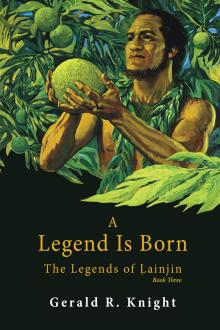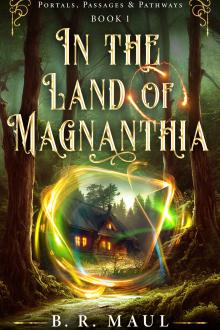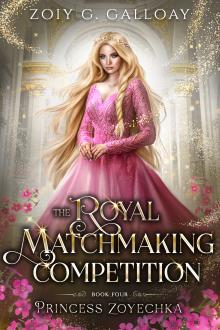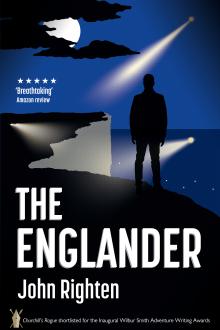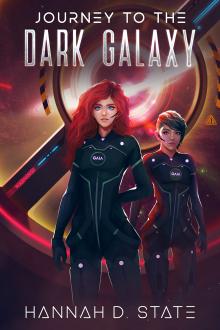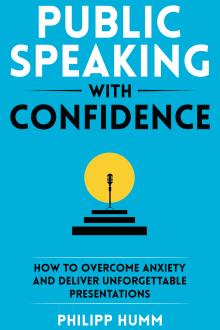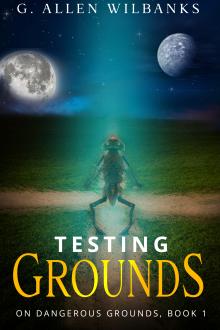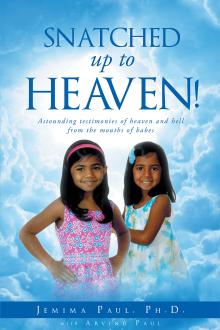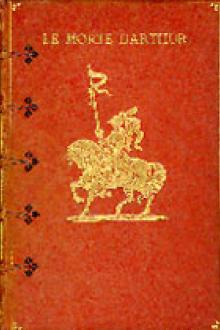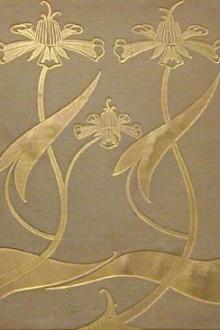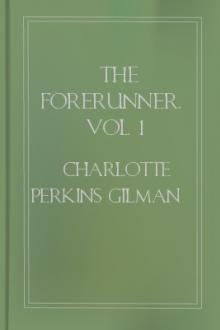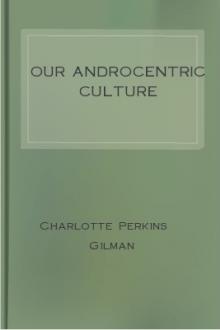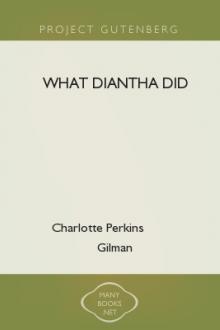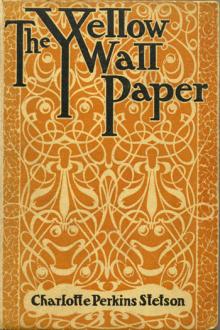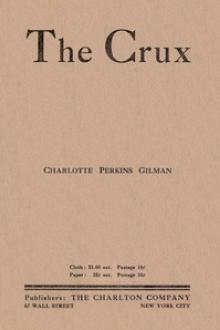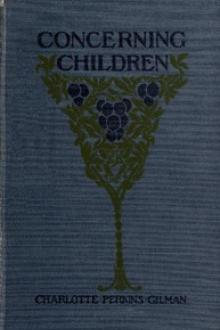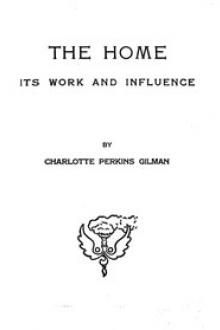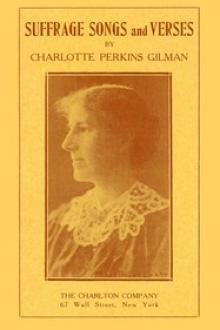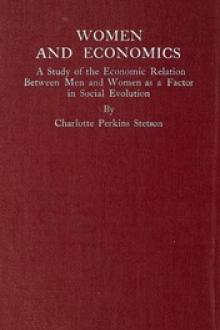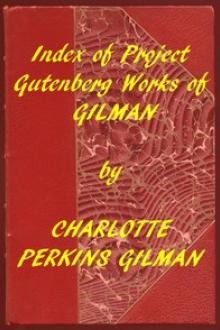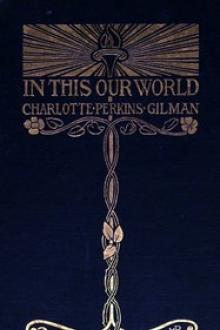Herland
Herland
for Mother's Day
The book describes an isolated society comprised entirely of women who reproduce via parthenogenesis. The result is an ideal social order, free of war, conflict and domination.
Book Excerpt
Just us three. Maybe we can really
find something. May be cinnabar in it."
"May be indigo," Jeff suggested, with his lazy smile.
It was early yet; we had just breakfasted; and leaving word that we'd be back before night, we got away quietly, not wishing to be thought too gullible if we failed, and secretly hoping to have some nice little discovery all to ourselves.
It was a long two hours, nearer three. I fancy the savage could have done it alone much quicker. There was a desperate tangle of wood and water and a swampy patch we never should have found our way across alone. But there was one, and I could see Terry, with compass and notebook, marking directions and trying to place landmarks.
We came after a while to a sort of marshy lake, very big, so that the circling forest looked quite low and dim across it. Our guide told us that boats could go from there to our camp--but "long way--all day."
This water was somewhat clearer than that we had left, but we could no
FREE EBOOKS AND DEALS
(view all)Popular books in Women's Studies, Science Fiction, Fiction and Literature
Readers reviews
3.0
LoginSign up
The only point of this story is to criticize every possible aspect of our society. There is no plot. If you make it all the way through, you will only suffer the more from the pointless ending.
- Upvote (0)
- Downvote (0)
"Herland" and "With Her in Our Land" (this one not in Many Books as of August 2014), are more realistic than "Mizora" or most other gynotopias. Three men exploring the Amazon fall prey of the legendary women. One man scientifically studies their unique feminine culture, another is mystically enraptured by their goddess-like "perfection", and the other is a selfish bastard who tries to get his own profit. Androtopias are far less common in literature, the earliest are the "Vera Historia" (about year 150) by Loukianous Samosatens, and the "Voyage to Cacklogallinia" (1727) by Captain Samuel Brunt. Frequent use of parthenogenesis in the average gynotopia might seem a fantastic literary device, but recent research shows that homothermal species can indeed reproduce thus. Haploid chromosomatic sets are sometimes made diploid by a variety of mechanisms, which we are now beginning to understand:
http://en.wikipedia.org/wiki/Parthenogenesis
Androtopias or gynotopias are often simplified in their scientific elements, for the benefit of the ignorant reader:
http://en.wikipedia.org/wiki/Single_gender_world
http://en.wikipedia.org/wiki/Parthenogenesis
Androtopias or gynotopias are often simplified in their scientific elements, for the benefit of the ignorant reader:
http://en.wikipedia.org/wiki/Single_gender_world
08/12/2014
Very fascinating utopian novel (or novella -- it's a quick read). Dated in some ways but incredibly forward-looking in others.
07/28/2006
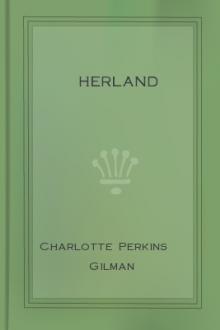
 Free Download
Free Download